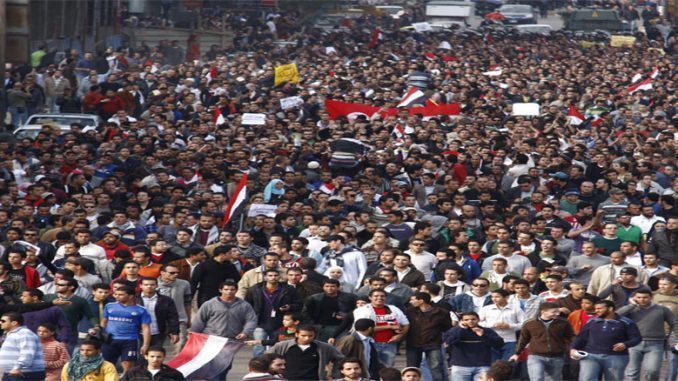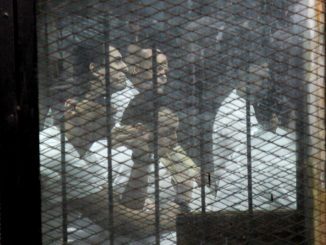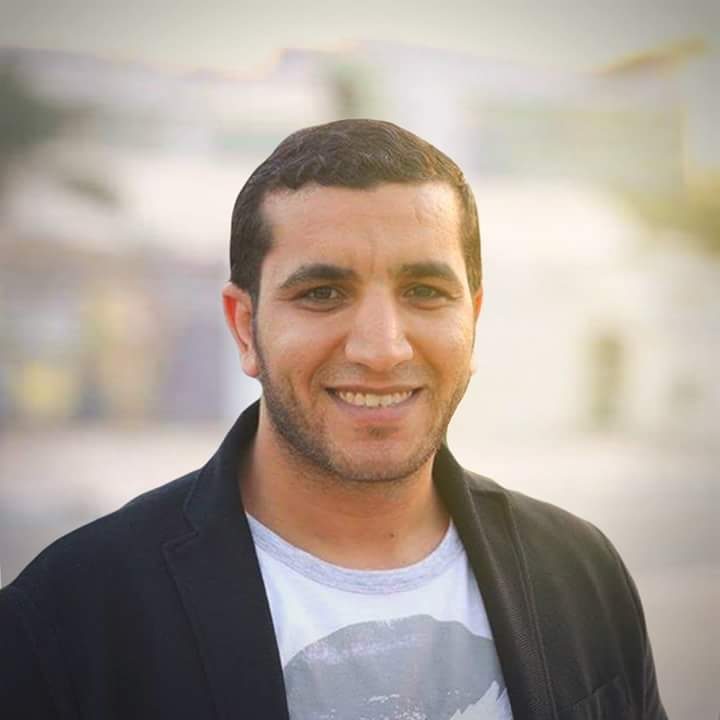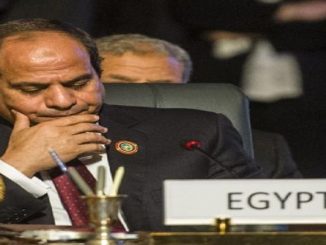
Switzerland ends money-laundering probe opened in 2011 amid Arab Spring, as federal prosecutors say they are unable to indict anyone for acts.
Swiss federal prosecutors have dropped an 11-year investigation into suspected money-laundering by Egyptians close to toppled dictator Hosni Mubarak during the Arab Spring uprisings, they said on Wednesday.
“Despite the numerous enquiries and having transferred 32 million Swiss francs to Egypt in 2018, the Office of the Attorney General (OAG) must now accept that the investigation has been unable to substantiate suspicions that would justify the indictment of anyone in Switzerland or any forfeiture of assets,” the OAG said in a statement.
It said it would release the remaining 400 million Swiss francs ($429 million) that had been frozen.
The Swiss decision follows a ruling by the European Union General Court on April 6 to uphold the annulment of EU sanctions against Mubarak and his family, which had unfrozen their assets.
The EU ruling said those sanctions had been unlawful and ordered the Council of the European Union to pay legal costs incurred by the Mubaraks.
Mubarak’s family hailed the Swiss decision, as they see the validation of their wealth was legitimate
“Today’s decision by the Swiss Federal Prosecutor’s Office, after more than a decade of intrusive investigations, sanctions and mutual legal assistance proceedings, validates the position we have held all along,” son Gamal Mubarak said in a statement.
“Our assets and activities were and are entirely legitimate and were fully declared to the relevant Egyptian authorities. The decision marks an important step in our efforts to assert our rights and prove our innocence from the flagrantly false allegations levelled against us over the past 11 years.”
The Swiss inquiry began in 2011 following events related to protests that led to the downfall of long-time Egyptian leader Mubarak. The Swiss government froze assets held in Switzerland by Mubarak and members of his entourage.
The “complex and extensive” criminal case initially involved 14 suspects, including Mubarak’s two sons, as well as 28 people and 45 legal entities whose assets were seized. Five suspects had remained under investigation, the OAG said.
The original suspects, most of whom held official or important economic positions in Egypt, were thought to have used Switzerland to launder the proceeds of corrupt acts.
After Mubarak was toppled in February 2011, Egypt’s new rulers made several requests to Switzerland for legal assistance to recover the money, and Swiss officials asked the same of Cairo. But these proceedings ended without success in 2017.
Since 2015, reconciliation agreements and several acquittals in Egypt ended proceedings involving the principal protagonists, and Egypt withdrew its claims connected with these people. That prompted the Swiss to close down part of the probe and return the 32 million francs to Egypt in 2018.
Swiss prosecutors were unable to stand up allegations that the suspects had formed a criminal gang, which made it much harder to pursue potential money-laundering charges.



